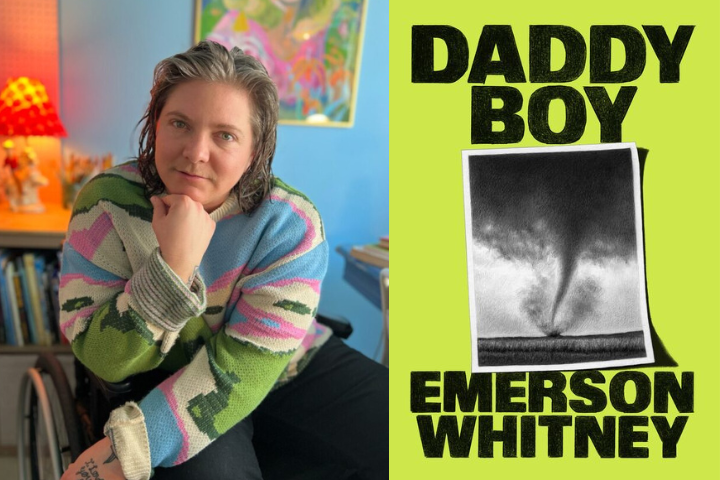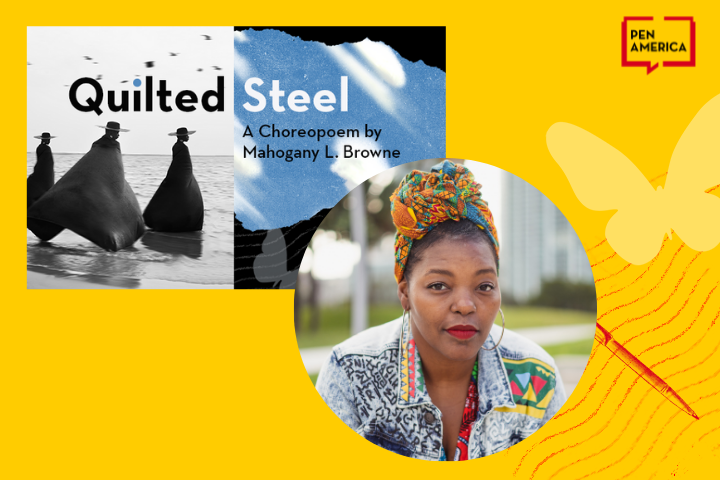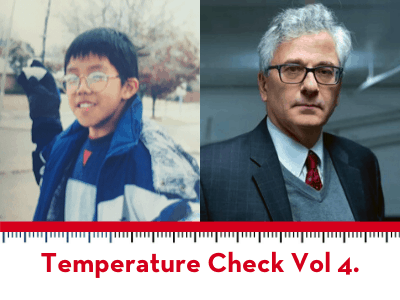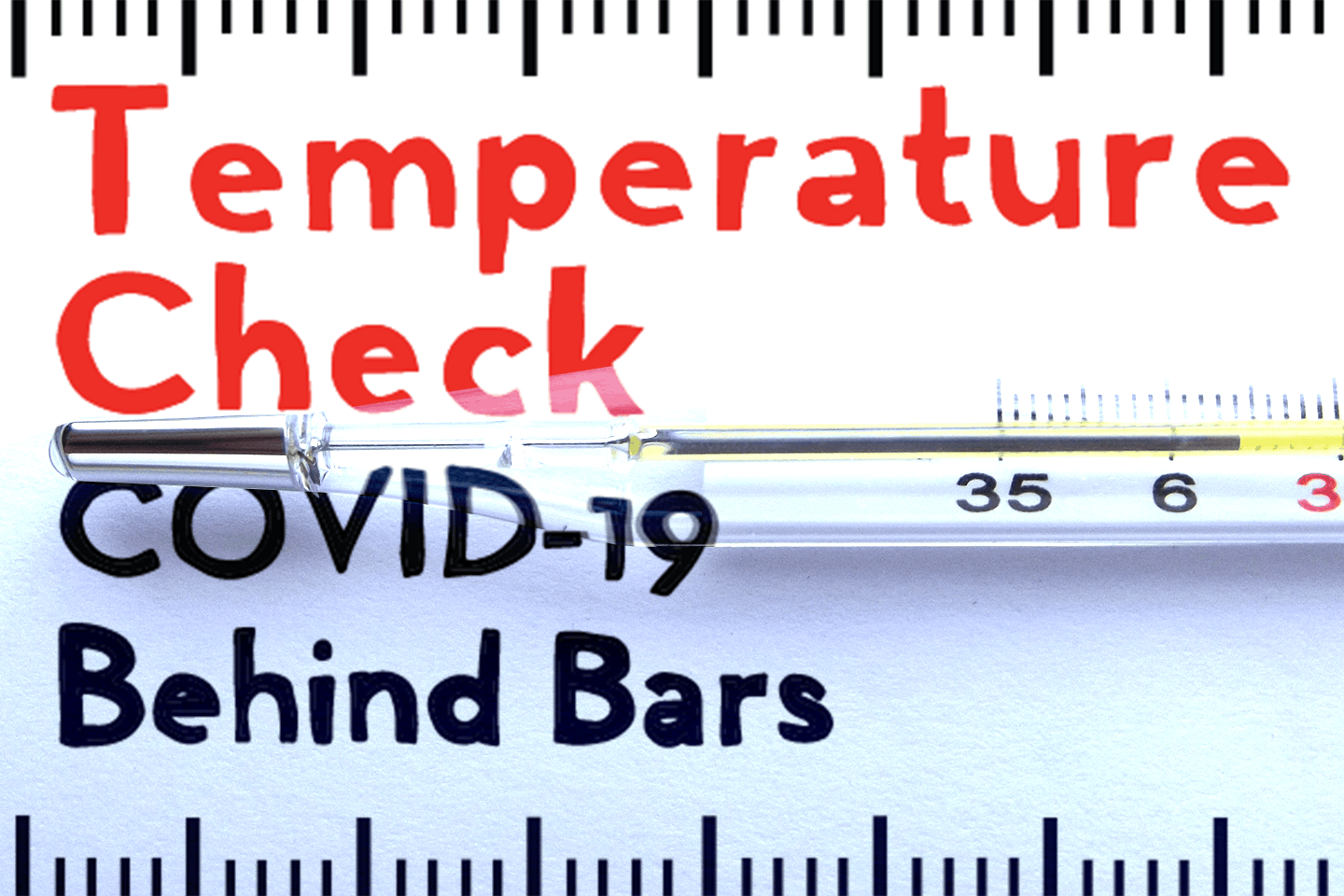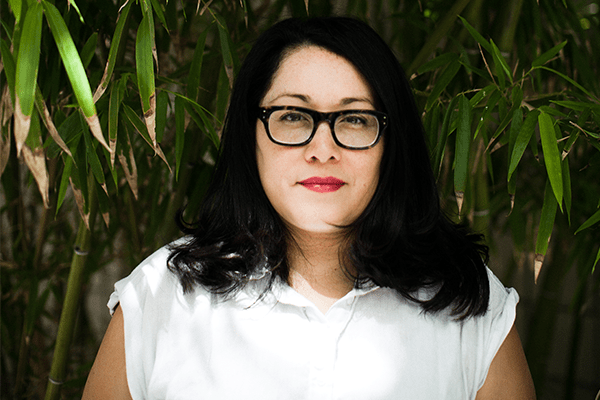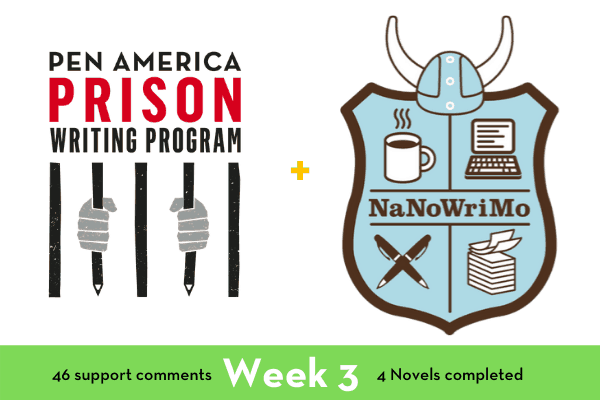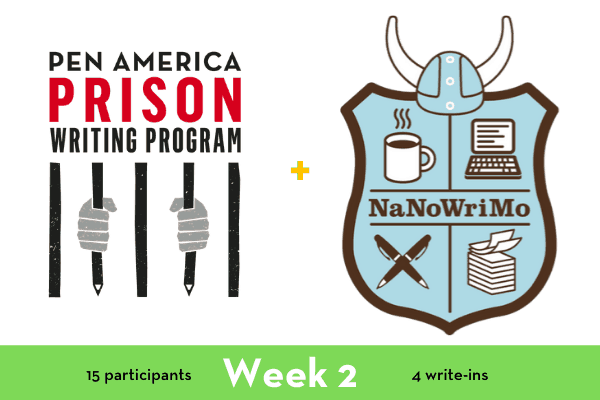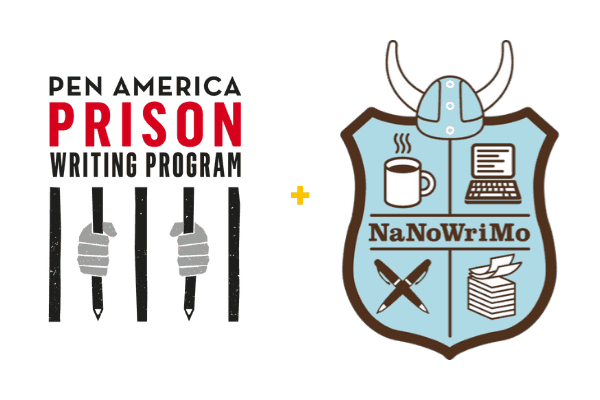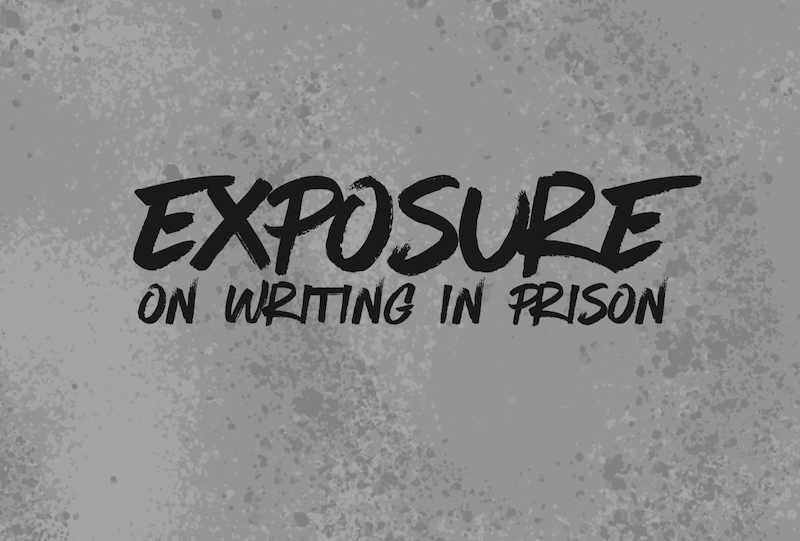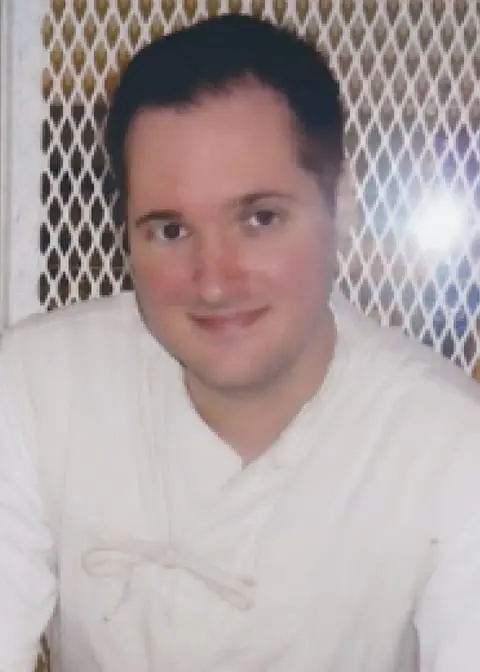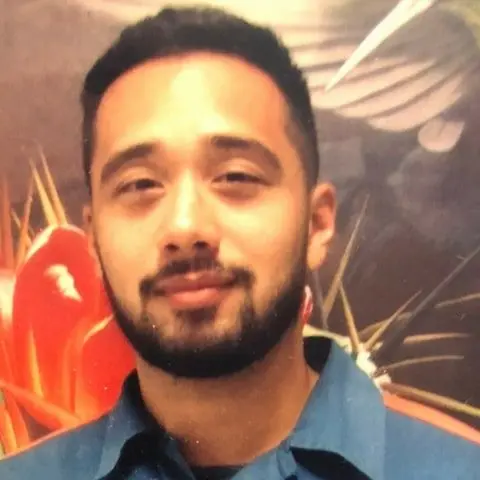Caits Meissner is director of Prison and Justice Writing at PEN America. Before joining PEN America, Meissner was an integral team member in developing community arts and education programs for organizations such as Tribeca Film Institute, The Bronx Academy of Letters, Urban Arts Partnership, The Facing History School, and The Lower Eastside Girls Club. She has taught, consulted, and co-created extensively for over 15 years across a wide spectrum of communities with a focus on prisons, public schools, and college classrooms at The New School University and The City College of New York. From 2012–2014, Meissner served over 500 women worldwide in an original intensive online writing course that matured into live programming, including a reading series, courses for incarcerated youth and adult women, and state-sponsored cultural exchange in Malaysia. In 2017, Meissner reenvisioned the concept of book tour for her illustrated poetry collection Let It Die Hungry (The Operating System, 2016), pairing public speaking engagements with opportunities to work with incarcerated writers across the United States. Meissner holds an MFA in Creative Writing from the City College of New York, where she was awarded The Jerome Lowell DeJur Prize in Creative Writing, an Educational Enrichment Award, and The Teacher-Writer Award. She is deeply invested in the transformative, restorative, and change-making capacities of imagination and creativity.

Caits Meissner
Director, Prison and Justice Writing
Articles by Caits Meissner
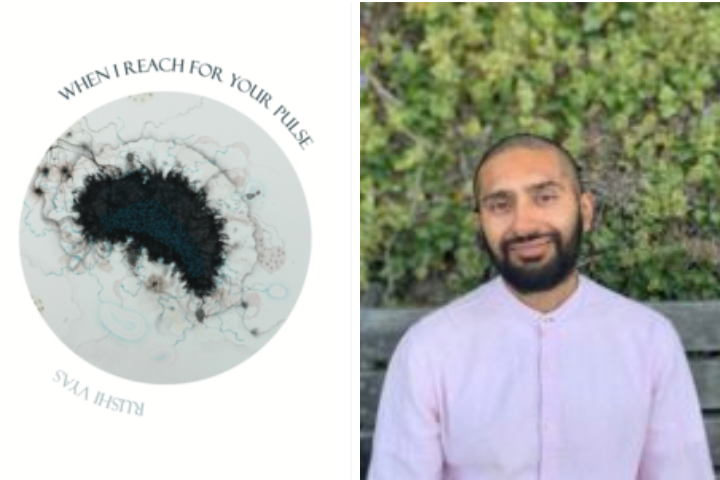
Tuesday April 4
The PEN Ten: An Interview with Rushi Vyas
I’d rather tend toward over-sharing than under-sharing. I’d rather tend toward more understanding than less.
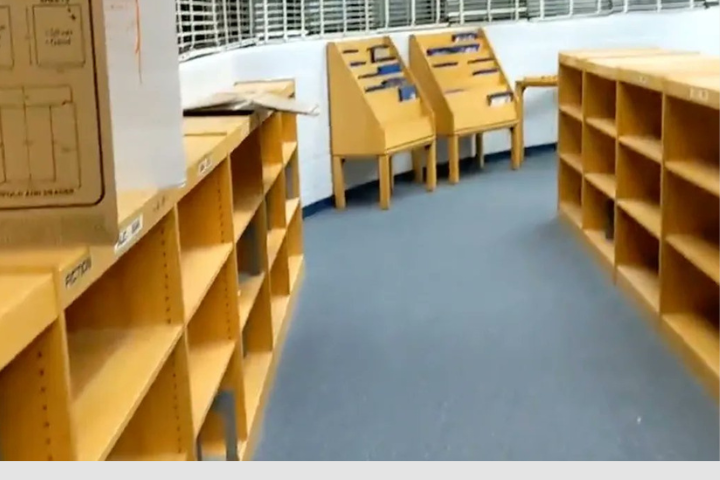
Thursday October 20
The PEN Ten: An Interview with Cheryl Boyce-Taylor
It has always been my intention to give my readers truth and offer them permission to be truthful without judgment in their own lives and work.
More Articles by Caits Meissner
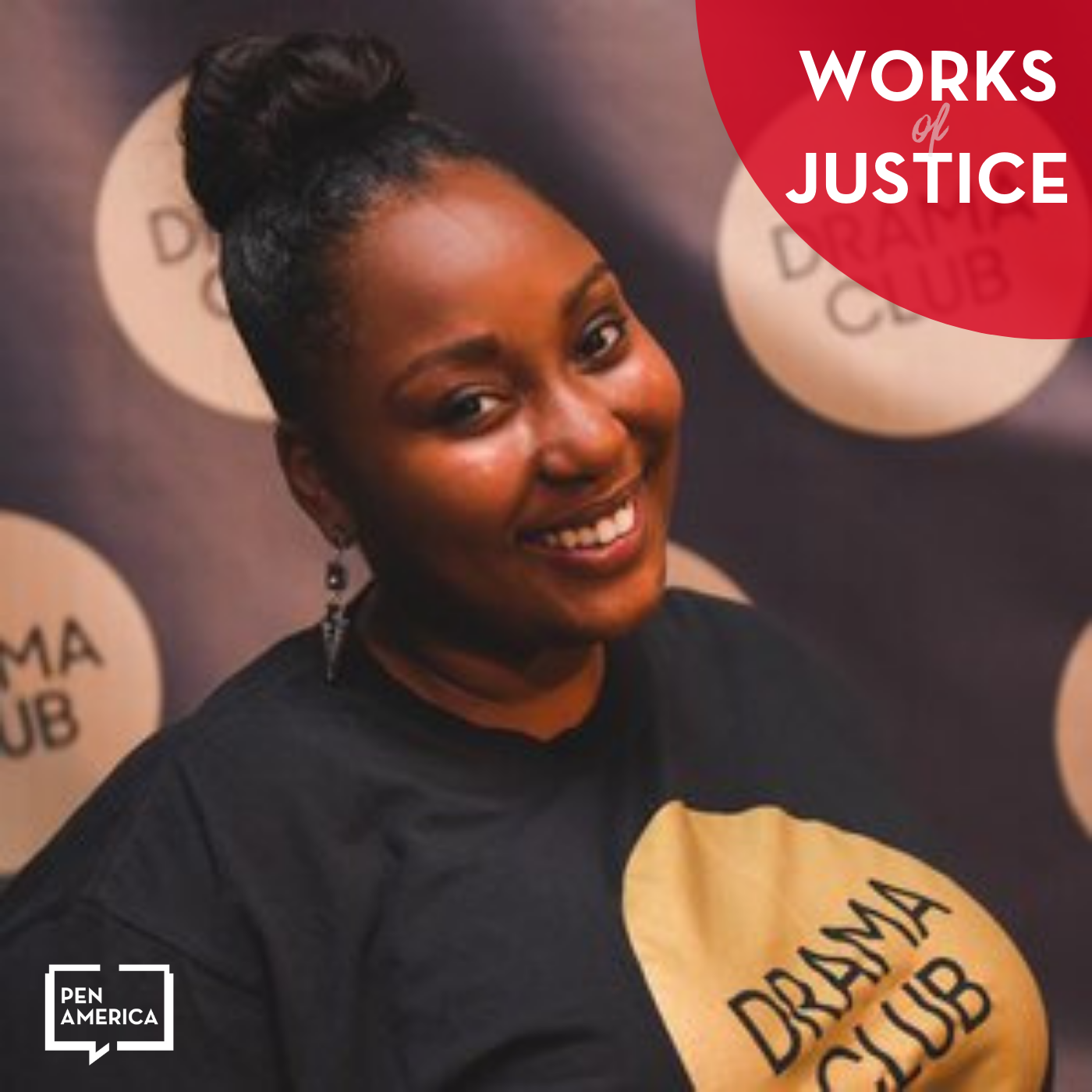
Monday November 16
Works of Justice Podcast: Actor, Mentor, and Mother Dunasha Payne on Parenting Through the Walls and the Power of Theater
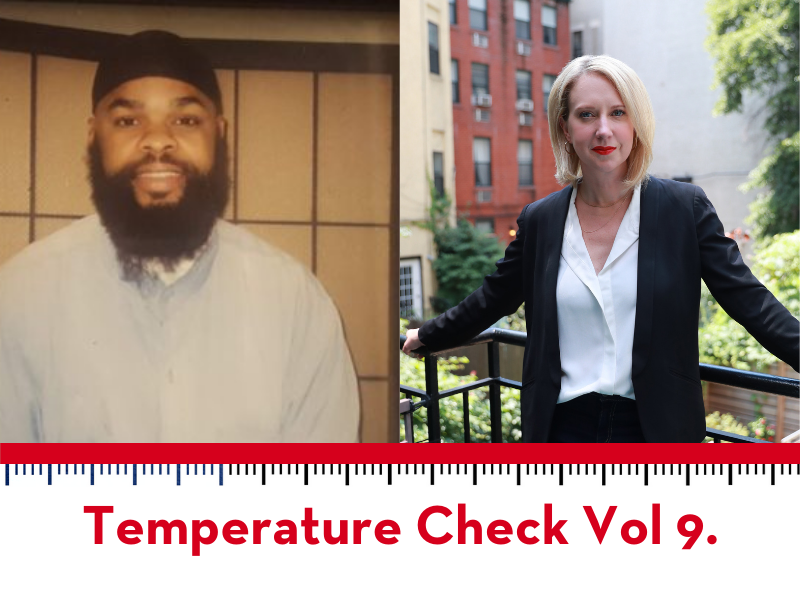
Tuesday May 12
Temperature Check, Vol. Five: The Women’s Issue feat. Elizabeth Hawes and Keri Blakinger
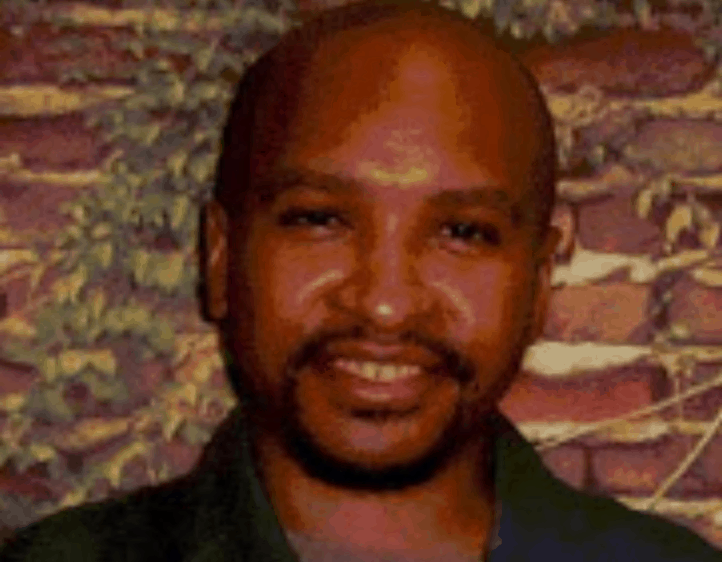
Thursday September 19

